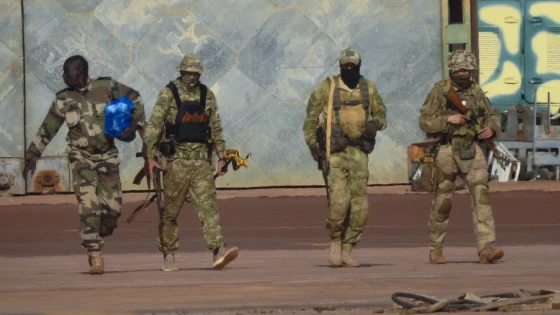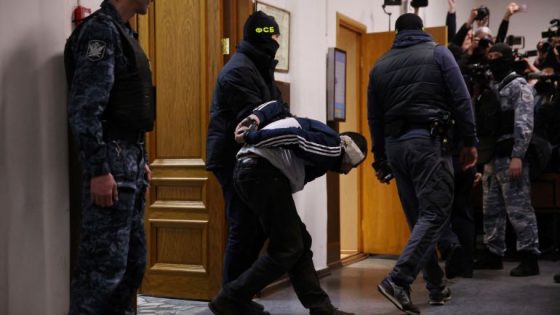The recent statement by South Africa’s foreign minister, Naledi Pandor, regarding the potential prosecution of South African citizens fighting for the Israel Defence Forces in Gaza has sparked significant debate. Against the backdrop of escalating tensions between South Africa and Israel due to the ongoing conflict in Gaza, it becomes imperative to dissect the legal dimensions surrounding the involvement of South Africans in foreign conflicts. Michelle Nel, an expert in international law and military law, sheds light on the legal intricacies of this contentious issue.
South Africa’s legal framework unequivocally prohibits its citizens from participating in foreign armed conflicts without explicit authorization from the National Conventional Arms Control Committee. Section 198(b) of the constitution and the Regulation of Foreign Military Assistance Act, 1998, criminalize such actions. Furthermore, the South African Citizenship Act of 1995 empowers the government to revoke citizenship from individuals engaged in wars not supported by the country.
The scope of prohibited activities extends beyond direct military involvement to encompass any form of assistance rendered to foreign armed forces. This includes providing advice, training, recruitment, medical services, procurement of equipment, and security services. Even humanitarian assistance in conflict zones requires registration with the arms control committee.
Despite legislative provisions, the enforcement of these laws has been inconsistent. Past cases involving South Africans fighting for foreign forces, such as the Israeli military in 2008 and 2009, have seen limited prosecution success. The efficacy of the legislation hinges on consistent enforcement, which has been lacking.
While some countries, like the UK and the US, prohibit citizens from joining foreign armed forces, others, like the Netherlands and Canada, impose restrictions based on the nature of the conflict. The prevalence of laws against mercenary activities underscores the global concern regarding unauthorized military engagements.
The legal discourse surrounding South Africans fighting for Israel in Gaza underscores the complexities of balancing individual freedoms with national security interests. As diplomatic tensions persist, the enforcement of existing laws and the need for consistent accountability remain paramount. Clarification and stringent implementation of legal statutes are essential to navigate the evolving landscape of international conflicts while upholding the rule of law.

















